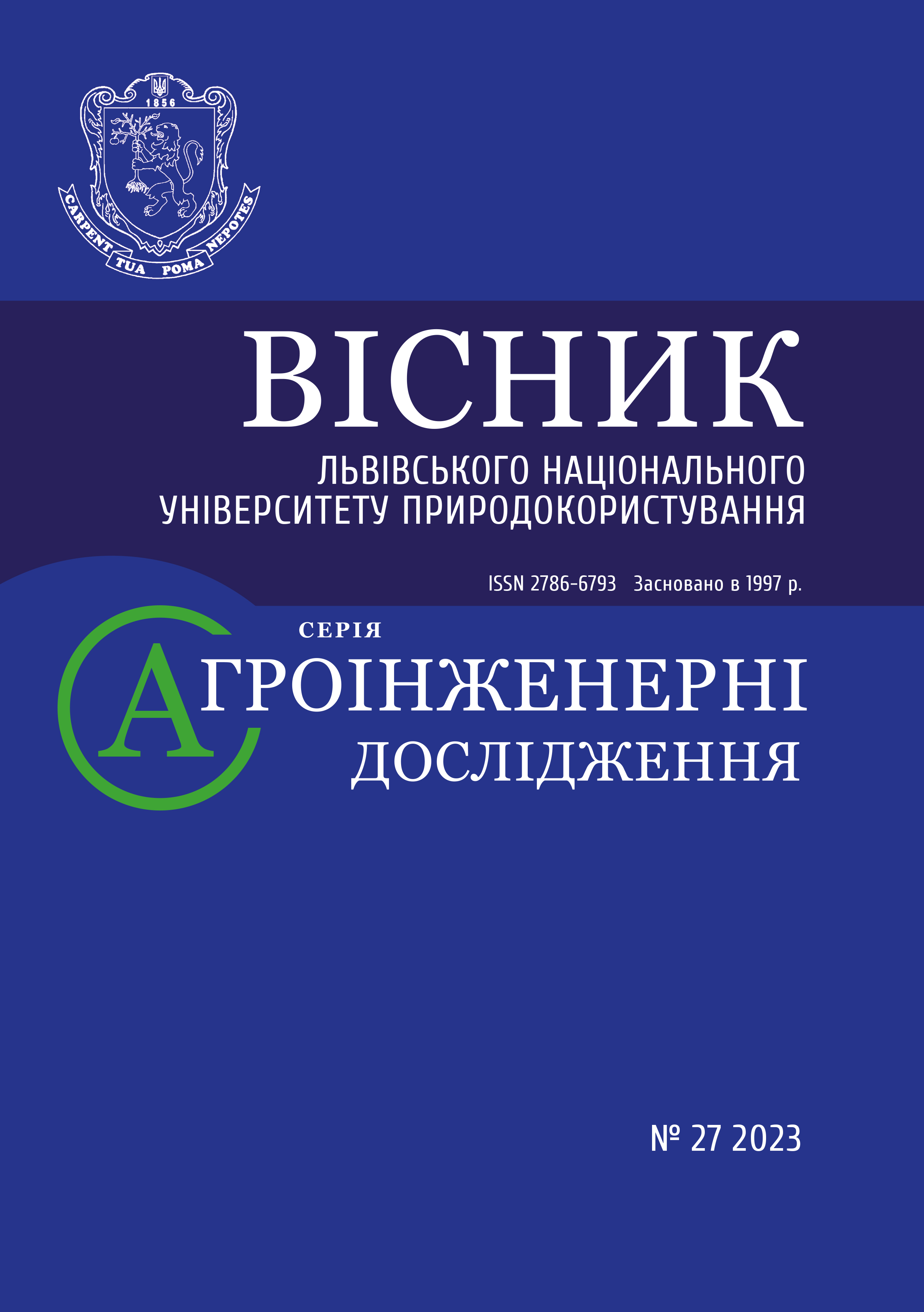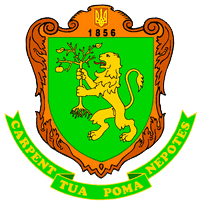Adaptive value approach to managing the projects of community and regional development
DOI:
https://doi.org/10.31734/agroengineering2023.27.113Keywords:
management, projects, development, communities, regions, adaptive value approachAbstract
After analyzing the current state of community and regional development projects, it has been determined that there are both advantages and disadvantages in current methodologies and approaches to project and portfolio management. To eliminate existing shortcomings, it is necessary to develop an adaptive value approach that takes into account the specific features and current realities of the communities involved.
This adaptive value approach will consider uncertainties and risks inherent in community development projects while ensuring that goals are met and the maximum value is created for stakeholders. To achieve this, a 14-step algorithm for managing community and regional development projects has been developed. This algorithm reflects the processes involved in managing projects and their specific features, while also considering the interrelationships between stages and changes in the project environment.
As a result of this research, project ideas and alternatives for portfolios of community development projects have been formed. Various configurations of community development projects were proposed, and using the adaptive value approach, the feasibility of including projects in a community development portfolio was determined for each option. Based on this approach, a portfolio of development projects was formed for a specific community, which included four projects (project 5 - creation of a nature reserve and restoration of the local ecosystem, project 3 - installation of video surveillance in public places, project 6 - development of an organic waste recycling system, and project 4 - expansion of the volunteer patrol program formations). The total budget for these projects was $1,700,000, with a total value for stakeholders of 1.96. Further research is needed to develop a decision-making support system for project managers based on the proposed adaptive value approach to the management of community and regional development projects.
References
Analysis of the methodology of project management. Retrieved from http://infostart.ru/public/296315/.
Azarova, I. B. (2016). The value-oriented approach in managing the investment housing construction projects: Dis. ... Cand. tech. sciences: 05.13.22. Kharkiv.
Bashynsky, О. (2019). Coordination of dairy workshops projects on the community territory and their project environment. International Scientific and Technical Conference on Computer Sciences and Information Technologies, 3, 51–54.
Batyuk, B., & Dyndyn, M. (2020). Coordination of configurations of complex organizational and technical systems for development of agricultural sector branches. Journal of Automation and Information Sciences, 2(2), 63–76.
Bushuev, S. D., & Kharytonov, D. A. (2010). Value approach in managing the complex system development. Management of the complex system development: coll. scient. works KNUBA. Кyiv, 1, 10-15.
Bushuyev, S., & Verenych, O. (2018). Organizational Maturity and Project: Program and Portfolio Success. Developing Organizational Maturity for Effective Project Management (Chapter 6: Organizational Maturity and Project: Program and Portfolio Success), 104-127. doi: 10.4018/978-1-5225-3197-5
ISO 21500:2012. Guidance on Project Management. Retrieved from www.mosaicprojects.com.au/PDF/ISO_21500_ Communique_ No1.pdf.
Koval, N., Kondysiuk, I., Tryhuba, I., Boiarchuk, O., & Rudynets, M. (2021). Forecasting the Fund of Time for Performance of Works in Hybrid Projects Using Machine Training Technologies. MoMLeT+ DS, 196-206.
Kovalchuk, O., Zachko, O., & Kobylkin, D. (2022). Criteria for intellectual forming a project teams in safety oriented system. 17th International Scientific and Technical Conference on Computer Sciences and Information Technologies (CSIT), 2, 430–433.
Moore: Upravlinnia portfelem proiektiv. Retrieved from http://surl.li/bsklv.
P2M: model of innovative project management. Retrieved from https://studfiles.net/preview/1851808/#10.
PMBOK vs PRINCE2 vs Agile project management. Retrieved from https://www.cio.com.au/article/402347/pmbok_vs_prince2_vs_agile_project_manage ment/.
Ratushnyi, R., Khmel, P., Martyn, E., & Prydatko, O. (2019). Substantiating the effectiveness of projects for the construction of dual systems of fire suppression. Eastern-European Journal of Enterprise Technologies, 4 (3-100), 46–53.
Tryhuba, A. M., & Sydorchuk, O. V. (2010). Peculiarities of planning projects and programs of agrarian production. Materials of VI International conference “Project management: conditions and prospects”. Mykolaiv, 313-316.
Tryhuba, A., Boyarchuk, V., & Tryhuba, I. (2019). Forecasting of a lifecycle of the projects of production of biofuel raw materials with consideration of risks. International Conference on Advanced Trends in Information Theory (ATIT), 420–425.
Tryhuba, A., Boyarchuk, V., Tryhuba, I., Ftoma, O., Padyuka, R., & Rudynets, M. (2021). Forecasting the risk of the resource demand for dairy farms basing on machine learning. CEUR Workshop Proceedings, 2631, 327–340.
Tryhuba, A., Koval, N., Tryhuba, I., & Boiarchuk, O. (2022). Application of sarima models in information systems forecasting seasonal volumes of food raw materials of procurement on the territory of communities. CEUR Workshop Proceedings, 3295, 64–75.
Tryhuba, A., Ratushny, R., Bashynsky, O., & Ptashnyk, V. (2020). Planning of Territorial Location of Fire-Rescue Formations in Administrative Territory Development Projects. CEUR Workshop Proceedings 2565, 18-20.
Tryhuba, A., Rudynets, M., Pavlikha, N., Tryhuba, I., Kytsyuk, I., Komeliuk, O. … Seleznov, D. (2019). Establishing patterns of change in the indicators of using milk processing shops at a community territory. Eastern-European Journal of Enterprise Technologies: Control processes, 3/6. 102, 57–65.
Tryhuba, A., Tryhuba, I., & Bashynsky, O. (2020). Conceptual model of management of technologically integrated industry development projects. Proceedings of the 15th International Scientific and Technical Conference on Computer Sciences and Information Technologies, 155–158. doi: 10.1109/CSIT49958.2020.9321903.
Tryhuba, A., Tryhuba, I., Ftoma, O., & Boyarchuk, O. (2019). Method of quantitative evaluation of the risk of benefits for investors of fodder-producing cooperatives. International Scientific and Technical Conference on Computer Sciences and Information Technologies, 3, 55–58.
Тryhuba, A., Bashynskyi, O., Medvediev, Y., Slobodian, S., & Skorobogatov, D. (2019). Justification of models of changing project environment for harvesting grain, oilseed and legume crops. Independent Journal of Management & Production, 10 (7), 658-672.


